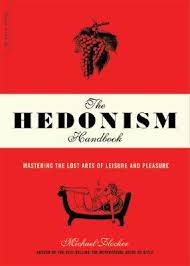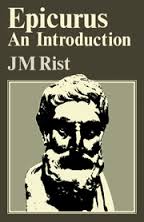To understand the history of hedonism as a concept, you must study both Epicureanism and its namesake, the ancient Greek philosopher Epicurus. Watch this brief video to better understand his teachings.
Epicurus maintained that friendship (or permanent companionship), self-sufficiency, and an analyzed life are all that is necessary to be truly happy. He blamed advertising for much of the unhappiness people experience, since advertising campaigns attempt to convince people there is something missing in their lives. Instead of allowing advertisements to draw people toward false conclusions, Epicurus emphasized the importance of reminding people of what is actually needed for happiness.
Watch this brief introductory video in which philosophy professor and author James K. A. Smith argues that people’s loves and longings are often shaped at an unconscious level. Similar to Epicurus’s assertion, he explains that cultural rituals or “liturgies” have trained people to love and chase after what they consider to be the “good life.” This promotional video for Smith’s new book You Are What You Love hints at one of Smith’s conclusions—that in order to retrain your heart to love the right things, you must form new habits within a community committed to the same habits. The same pleasure-seeking tendency that can attract someone to the false “gospel” of consumerism can be harnessed for human flourishing (Source).







